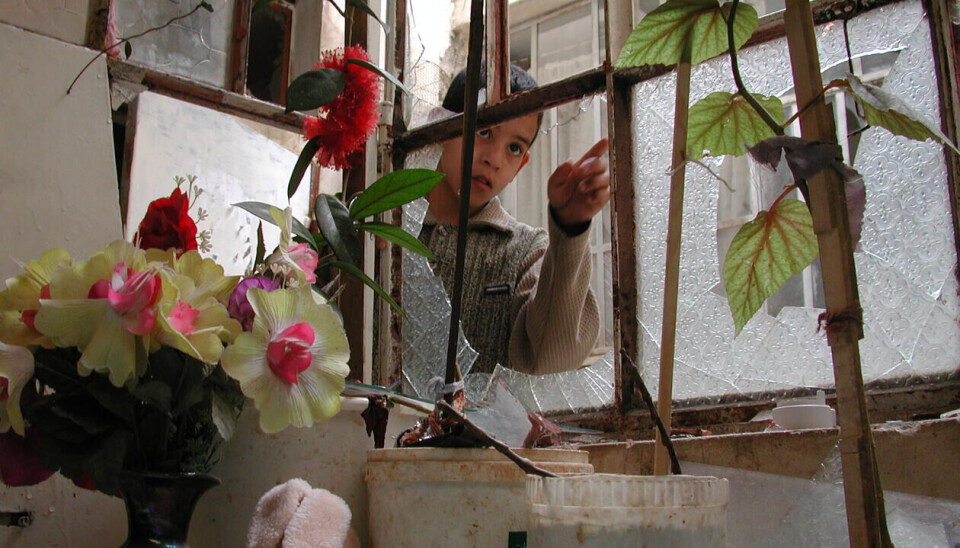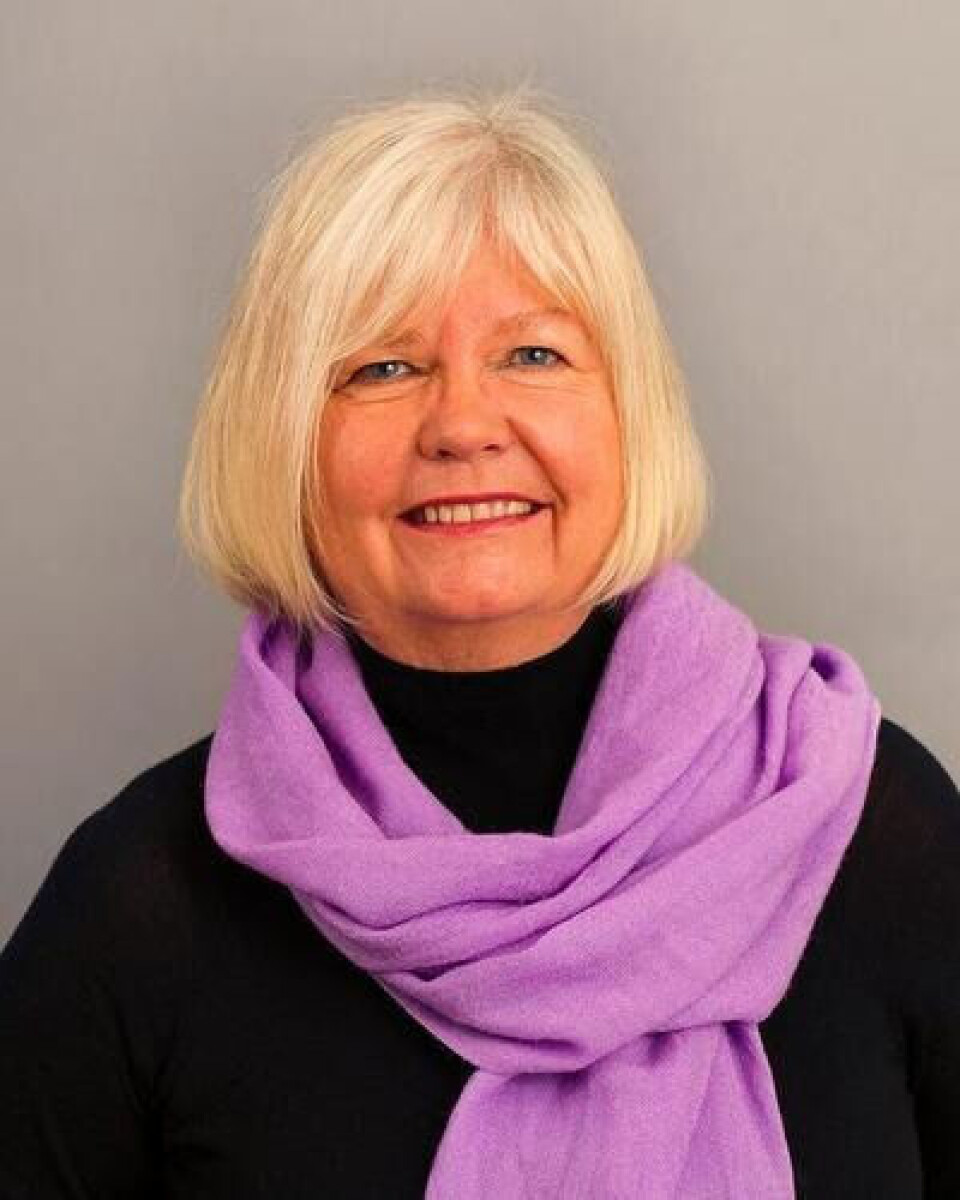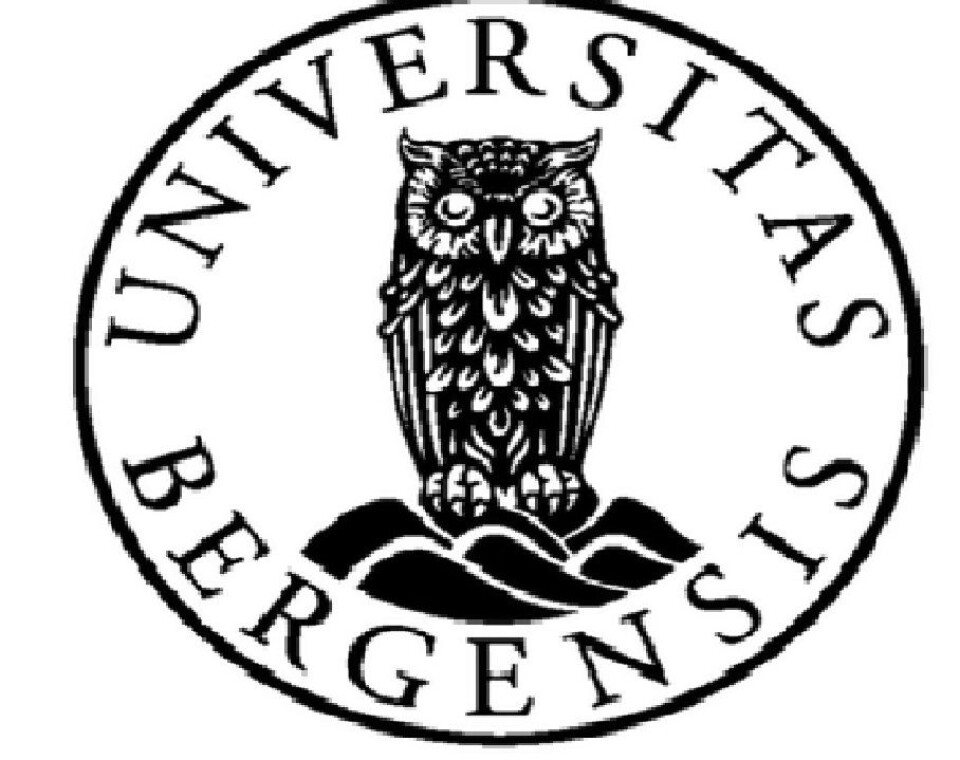THIS CONTENT IS BROUGHT TO YOU BY the University of Bergen - read more

Self-help method for traumatised Palestinian children
Norwegian experts contribute to teaching children methods for reducing flashbacks.
"The Palestinian professionals with whom we work show great commitment and a commitment to making a difference to children's mental health in the West Bank. It is impressive," Unni Heltne says.
She is a specialist in psychology, and head of the Centre for Crisis Psychology at the University of Bergen.
"Personally, and professionally, I am concerned with how help for traumatised children can be made as accessible and usable as possible, and at the same time be professionally sound," she says.
The centre contributes with training in a self-help method for treating children with war traumas. Originally, Heltne was supposed to travel to the West Bank and implement training in the self-help method on site. But then the war in Gaza started, and it became impossible to go to the West bank.

"There was an online course instead, and fortunately the participants managed to gather at the Red Cross' premises in Ramallah so that we could carry out the course for them," Heltne says.
International cooperation on children's mental health
The Palestinian children who receive help with trauma are aged seven and over, and their parents are included in community gatherings as well.
"It is an educational training that focuses on what the child can do to reduce anxiety and restlessness, and it applies especially to those children who have bad reactions after frightening events," she says.
Heltne has been to several hard-hit conflict areas with this method.
"I got involved in this work through the Children and War Foundation, which has created the material, and the foundation conducts training in the methods all over the world," she says.
The training in the West Bank was carried out in collaboration with the Center for Applied Research in Education in Palestine (CARE) and Professor Ian Barron at the University of Massachusetts. It is CARE Palestine that recruits personnel for the training.
Training in self-help
Teaching recovery techniques, or training in self-help methods, is a group-based initiative.
The method is based on recommended and evaluated methods for reducing reactions to frightening and traumatic experiences. It consists of five group sessions where the children who participate learn methods to reduce flashbacks in which they relive unpleasant sensory impressions, have nightmares, bodily restlessness, or avoidance behaviour.
Many of the reactions the children experience are related to concentration, learning, and general life development. Heltne adds that these children can have an almost normal development and upbringing despite the traumas they have experienced, if they receive the right support.
Once a group of health and school personnel have received training in the methods, they should be able to train others.
The Method Children and Grief manual for Palestinian personnel is designed for teachers, principals, school counsellors, psychologists, and social workers who work with Palestinian children in the West Bank. They have called for a concrete tool that can help children and parents.
"But it turns out that we often have to conduct the training due to the strict travel restrictions for Palestinians," Heltne says.
Restriction of freedom of movement for Palestinians
"The Palestinian professionals who participated in the training are very brave, and they participated despite several practical and security obstacles," she says.
Heltne has previously travelled extensively in the West Bank and says that Palestinian residents cannot move around freely. This was also the situation before the war in Gaza started.
Now it has become even more difficult with roadblocks everywhere and even stricter travel restrictions. It was therefore very challenging for the participants to get together for the course.
"There are dramatic restrictions and people fear for their lives. They are regarded as fair game by the Israeli military," she says.
Research project pending
Heltne was to start a new research project together with Ian Barron and CARE Palestine. The project targets school employees and the funding is in place. Evaluation of previous measures is included in this study, but initiation was too difficult to carry out now because of the war in Gaza.
"We still did not want to stop the aid measure that the self-help course entails in the situation that has arisen, so we carried out this part of the project anyway," she says.
The researchers do not know when the project can start up again, but they want to follow it up as soon as the situation is more normalised.

This content is paid for and presented by the University of Bergen
This content is created by the University of Bergen's communication staff, who use this platform to communicate science and share results from research with the public. The University of Bergen is one of more than 80 owners of ScienceNorway.no. Read more here.
More content from the University of Bergen:
-
The proteins in your blood can reveal early signs of heart problems
-
Electricity against depression: This may affect who benefits from the treatment
-
Quantum physics may hold the key to detecting cancer early
-
Researcher: Politicians fuel conflicts, but fail to quell them
-
The West influenced the Marshall Islands: "They ended up creating more inequality"
-
Banned gases reveal the age of water




































